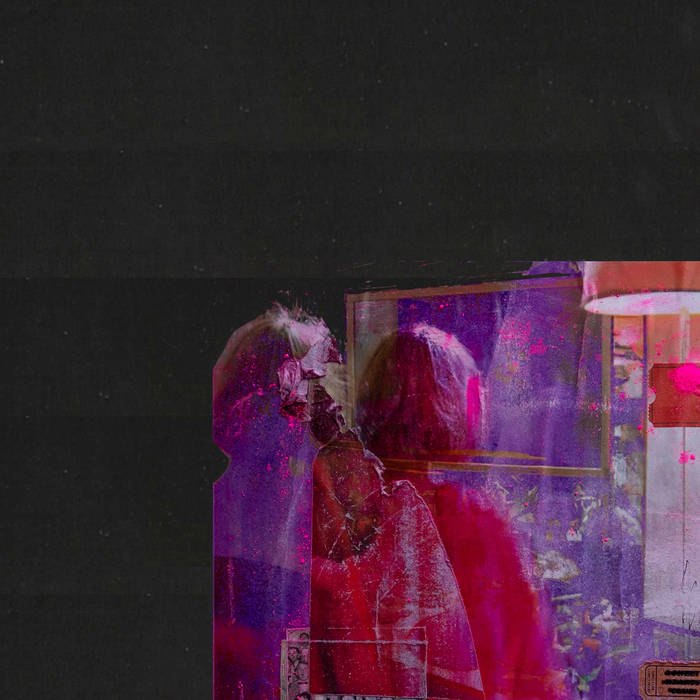Dublin-based producer Sal Dulu was apparently inspired by depictions of hell when making his second album. Bosch, Botticelli and Bruegel the Elder be thanked for Nafuchsia In Fantasy is another fine figurative work of apocalyptic intricacy. In the hands of Dulu, it’s a more tolerant and forgiving vision than the sulphurous torments depicted by his mediaeval forebears.
Dulu’s garden of earthly delights is a forest of boom bap beats and spiralling breaks, with broad brushstrokes decorating the rich landscape: sporadic sound clips and ethereal vignettes are awash with abstract colours, and, in the case of ‘Maximous Maybe Not’, celestial choirs. That opener skitters and spooks in equal measure, like a mashup of Serge Gainsbourg’s ‘Cargo Culte’ with prime hauntology-bothering, noughties-era Ghost Box. Once the similarly appealing ‘Full Metal’ is let out of its jacket, Dulu begins to take risks. ‘Trapped In Container Hell’ feels like a darker kind of stasis more redolent of the third panel of Bosch’s infamous altarpiece. Suddenly we’re introduced to tracks that don’t care whether you love them or not: their purpose is to serve the narrative, winding and strange as it may be.
Cut-up methodology is very much at the heart of what Dulu does. Born Senan Magee, his chosen name is a mashup itself, of Jack Kerouac characters (Sal Paradise and Jack Duluoz), while the merging of disparate elements is all part of an aleatory lineage that takes in Brion Gyson and William S. Burroughs’ experiments with snipped sentences and sound colleges in the Paris Beat Hotel along the way. There are brave sound design choices here too, such as on ‘Neri Eyes’, which features the guest appearance of Fly Anakin. The Richmond, Virginia rapper is almost repelled by the swathes of monolithic synth throughout the track, his lissome flow doing all it can as he hangs on for dear life.
Dulu started out as a guitarist, but became disenchanted with the instrument as he found himself drawn to the sonic textures and ineffable grooves of hip hop and nu jazz. He does bring out the six string now and again here, such as on the moody, evocative ‘Bulldog In Paris’. His innate musical sensibilities ensure there’s a semblance of linearity, which he’s happy to rip up and subvert as he goes along.
If the album is front loaded with bangers, then the second side is a more contemplative and mellow experience, following in a fine tradition of albums that luxuriate in downtempo experimentalism on the flipside (Hounds of Love, Low, Ritual de lo Habitual, and so on). The fantasy flows freely on the near title track ‘Nafushsia’ at the conclusion, while ‘Purple Heaven’ is slightly reminiscent of Burial circa 2006. Hell might have inspired Nafuchsia In Fantasy, though you suspect it’s not the fire and brimstone that possesses Dulu but more the earthly purgatory that we’re unable to escape right now, which in its own way is even more terrifying than an Hieronymous Bosch altarpiece.


